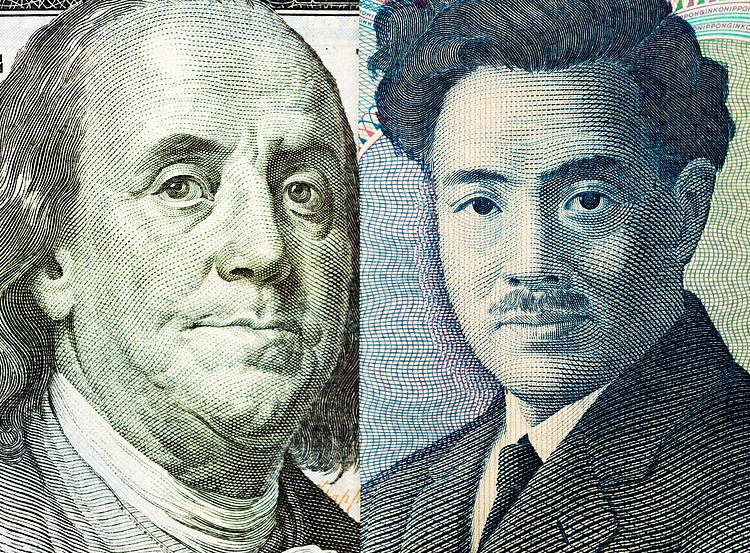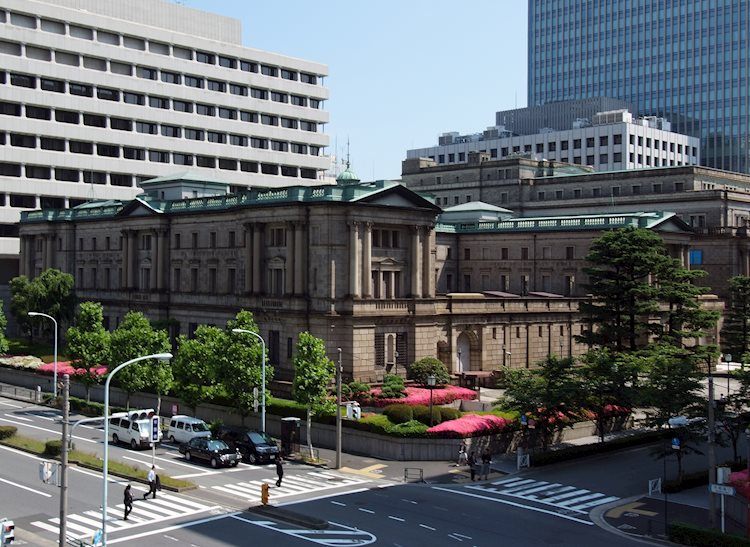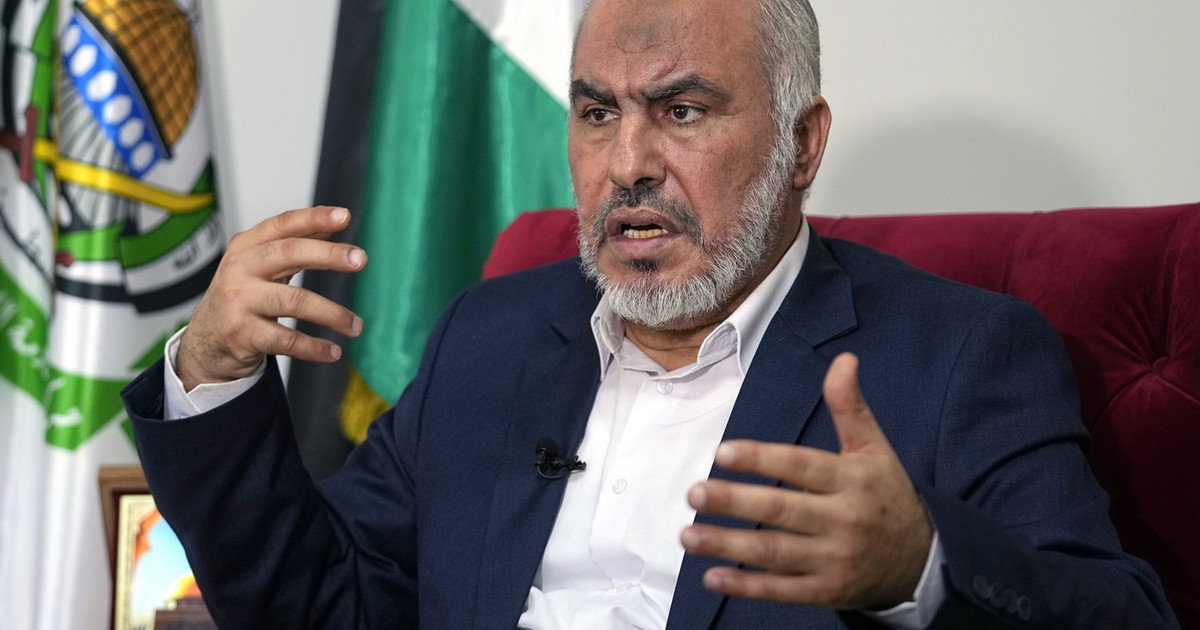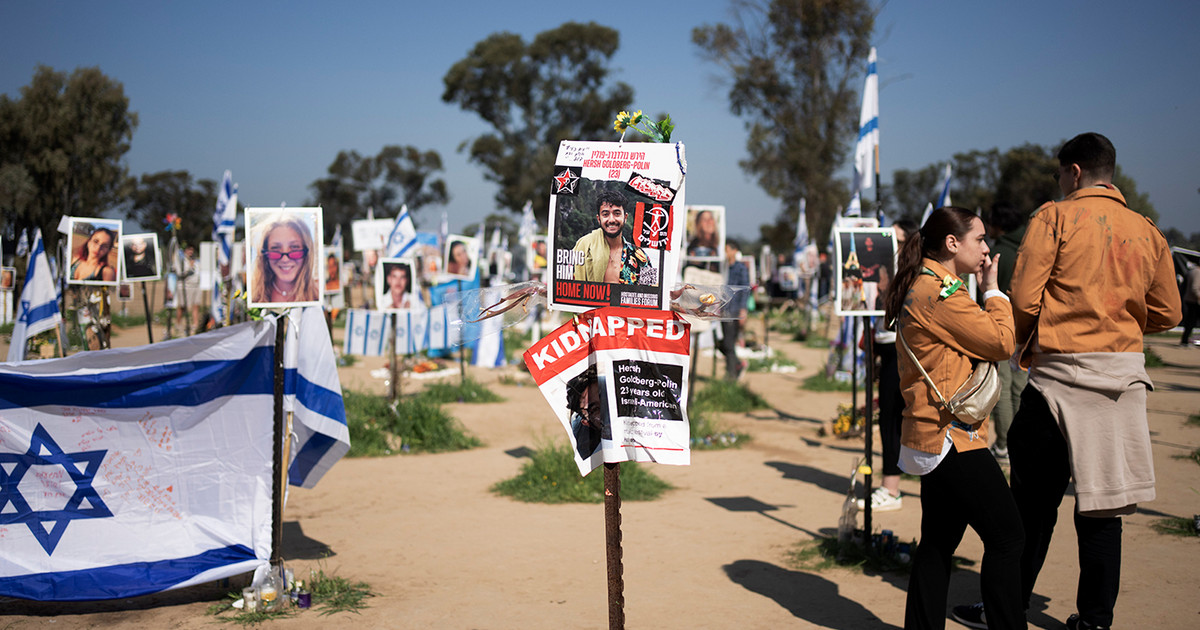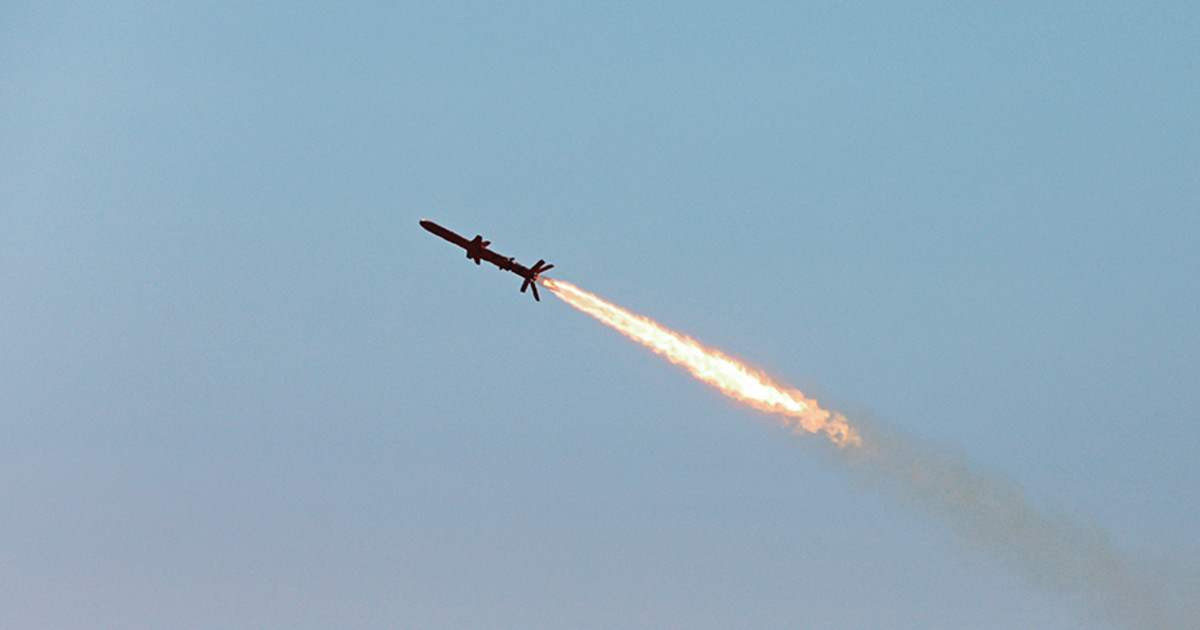This article is published in number 6 of Vanity Fair on newsstands until February 10, 2021
At minute 147, Marco’s hand rests on Marisa’s shoulder.
As the palm rises and approaches it assumes the right convexity, the precise distance, brakes the stroke to rest with the appropriate weight, neither too much nor too little. A gesture so perfect that no one could suspect that Marco no longer sees, and that it is not the senses but habit, knowledge that pilots that millimeter landing.
That body that is not his, but it is as if it were.
In minute 147 of this interview I see, clearly and for a moment, what love is.
Marco and Marisa’s, of love, is almost 80 years old. S.they meet one day in April 1941: neither of them remembers exactly which one, but Marco tells of the green grass and flowers – “violets, cyclamens” -, Italy is at war, but spring has already taken hold anyway Milan. He is returning from Monza with some friends, by bicycle. She, on the other hand, threw the bicycle in a bad way to the side of the road, sat down to rest on the grass and took the needles and a ball of yarn out of her bag. On one side of Viale Monza, Maria Luisa Stradella, known as Marisa, starts knitting. “I made sweaters for me, baby shoes that I gave to the nuns of my parish, so they could give them to mothers who had nothing.” “That day you were doing something blue”, Marco intervenes to whom that curly and lonely girl had seemed such a strange vision as to make him pull the brakes and take a breath, and then ask: “Can I help you with the bicycle?”
This questioning was a refined technique: Miss, excuse me, do you know the time? And two meters later, to another: forgive us, via Torino? Marco liked the girls a lot. In Cattolica, where he studied economics, he spent more time in the corridors of the Magisterium than in those of his faculty. He dressed so well that he could define himself as a “gaga”, he had the sporting physique of an ice hockey player, the pride of being an official pupil of the Alpine troops; in short, when he proposes to Marisa to meet again, he has little doubt that she will say yes.
“Yes, I told him. I seemed to be able to trust him ».
Marisa came from Vittuone, a small town on the outskirts of Milan, “the land of geese, they called it that”, she laughs. She was the middle sister of three, with her hands she never stood still: she drew, colored, worked. He had done art in Brera and dreamed of becoming an architect, but since there was no money, he will only do the two years of “preparatory” and will become a teacher of drawing and art in middle school. She had a solitary nature, she was with her drawings, a few friends, the bicycle. “But I, above all, have had courage in life,” she replies when I ask her to tell about herself. The time for courage will come, now we are three days after that first meeting, to be precise at the Central Station, where – as Marco said – there is the tram stop, and that is where they must be seen. But on the tram, at the station, they stopped two, one on one side and one on the other. That day she waits on one side, he on the other. “He threw me a can,” they think almost in unison when, after an hour of waiting, they get on their respective bicycles to go home, brushing against each other without seeing each other.
“Amen,” she says.
“Patience,” he says.
At the beginning of the 1940s, more than one and a half million people live in the city of Milan, but three months after that missed appointment, Marco and Marisa meet, by pure chance, in a street in the center. “I’m pedaling and, on the sidewalk, I see someone waving her arms”, remembers Marco. «I approach. Are you the little girl who didn’t come to the station? I ask her”. And she: no, no I was there. They end up understanding the mess, they laugh, they go for a Coca-Cola. And then another, and another. Bicycle and cocacole. Marisa introduces him to her family. He asks him: how much do you love me? And he spreads his hands, but not too much: “Like this.” “I was being gruff. And the barbarian too. I wanted to give myself a tone ».
Then, a communication arrives: the officer Marco Razzini of the Dronero Battalion, second Alpine Regiment is assigned to the Russian front. When Marco leaves – it’s August 1, 1942 – Marisa runs to the station with a bag of sweets. She couldn’t pass, but she gives the soldier on guard some money to let her in and say hello to that guy she’s never kissed yet.
Russia is what we know: cold, death, the most absurd campaign of an absurd war. It’s stationed along the Don, commands Company 17, quenches it. “With the quench in the head it drives its own well”, with the 17 in front it drives well, was their motto. Whole days looking at each other with the Russians at 200 meters, the Italians on the high bank of the river, the others on the low one. From the front line Marco sends letters to his aunt who raised him («Banzai e baci», he greets her) and to Marisa, whom he calls testona, sweetie, rascal; he asks for a photograph to talk to at night. “Maybe I’ll kiss you if the orderly leaves us alone,” he adds. Imagine taking her through the corridors of the underground citadel that is the trench, to her bunker in her sleeping bag. “Turn off the light that bothers me,” ends the letter. Marisa also writes to him, of course, but those sheets and envelopes are lost when, a few months later, the German siege of Stalingrad fails and the Italians begin their retreat. Marco and his friends are taken prisoner and, with marches of hundreds of kilometers, taken first to the prison camp of Krinovaja and then to Oranki (“hut seven, second floor of the bunk bed”). Three and a half years without being able to give or receive news. “I suffered from hunger, from the cold, I survived the madness and the disease. But the cruelest thing that has been done to us, in violation of the agreements on the treatment of prisoners, which are valid even in war, was not being able to send or receive any letters », remembers Marco. The memory of happy moments is the antidote to suffering: photographs that come to life in the mind. The happiest and most sinful: Marisa who, for a bicycle excursion, shows up for some reason with a pair of orange shorts at the church of Montevecchia, and the sacristan will not let her in.
Meanwhile, everything is missing in Milan. Marisa tells of that morning when she left at dawn to go to Genoa to get the salt, by bicycle. How, climbing on the Turchino, she and her friend Lena felt the planes pass over their heads, of the tiredness once they returned home with the salt bought in via Prè, of the special flavor of some homemade salami, to which they were added those crystals. Missing everything and most of all, Marisa is missing the letters from Marco, officially missing.
«My mother looked at me, shook her head and said to me: el turna pù el to Marco, your Marco never comes back. But I felt something I can’t explain, like a higher force telling me we would meet again. Maybe it was just the voice of my desire “. Every week at the Central Station the list of dead soldiers is posted and every week Marisa scrolls through them all, and at the last line she breathes a sigh of relief: Razzini is not there. Three years like this, until the prisoners begin to return: few, unrecognizable, alive. First the simple soldiers are released, then the officers, the generals will arrive even three years after the others. Among the officers is also Lieutenant Del Mare who has a hat on his head. A note is hidden in the black lining of the hat: it says “Marco alive”. Marisa’s wish was right.
«When I got off the train I was afraid that no one would recognize me: after 4 years I was so different. It was July 16th, but I had my coat on. There was my family waiting for me, some friends. Everyone except her. ‘ While Marco returns home, Marisa is in the school where she teaches, in Luino. She begged the principal to give her a permit that day, but he was adamant. “He said I had to take part in the polls, but the truth is that he had been hoping for months that I was engaged to his son. He will have been dead for years and, I’m sorry to say, but I hope he didn’t go to heaven. ‘
They will be able to see each other only a few days later. «A very great emotion», they both tell it with the same simple words.
From the day of the wedding, May 24, 1952, a photo remains: her loaned dress, him with the hat and mustache, the same ones he still has now.
The rest of their love and their life is a very long plan, on which time has managed to flow without major hitches: work, three children, small comforts, walks in the mountains, holidays in Spain in a tent, travel . In 1990 Marco insisted on taking Marisa to Russia to see. «He talked, he told, he remembered: I didn’t listen. He is here, I said to myself, what does the past count? ».
On 25 April Marco turned 102 years old, Marisa 101 in October. Because of Covid their lives have shrunk: they don’t go out anymore, they see very few people, preferably for tea. Every Thursday Chiara, one of the granddaughters, comes: together they listen to the music of their youth. But where are you going, beauty by bicycle is their heart song. They say that there are no secrets to continue loving each other. «Marco is like the mountains: if it’s sunny it’s beautiful, if it’s bad weather it becomes difficult. In all these years we have fought, yes, but little, and only for stupid things », she remembers. He adds: «I, a long time ago, gave my word. Here, I just think I kept it. Marisa was my love and my passion; without her I would not have come this far, especially in these recent difficult times ».
Marco says he has no great expectations about the future, but he would like to stay here again «for a few months: until next April 25th. Turning 103 would be a great satisfaction ». Then he would like «to go there, to wait for Marisa. That he has to do it for a while without me, and then join me. The reverse is not expected. I’m a gentleman, I’m going to see how it is ».
PHOTO: MAX VADUKUL
To subscribe to Vanity Fair, click here.
Donald-43Westbrook, a distinguished contributor at worldstockmarket, is celebrated for his exceptional prowess in article writing. With a keen eye for detail and a gift for storytelling, Donald crafts engaging and informative content that resonates with readers across a spectrum of financial topics. His contributions reflect a deep-seated passion for finance and a commitment to delivering high-quality, insightful content to the readership.

